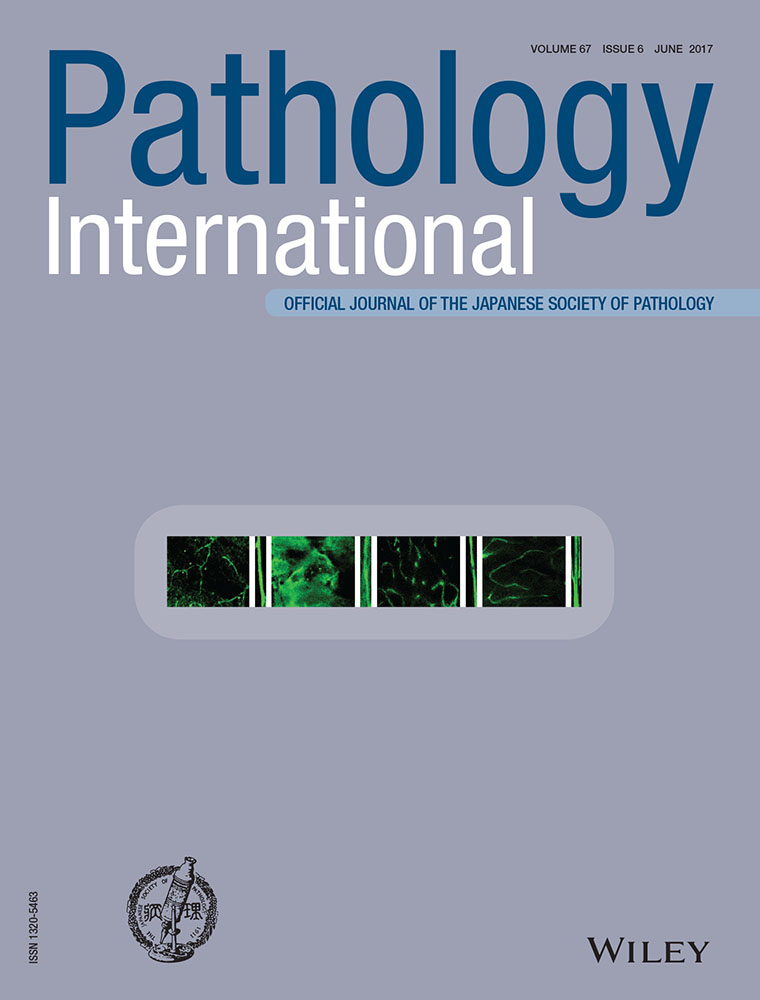Primary malignant pericardial sarcomatoid mesothelioma: An autopsy report
Abstract
Primary malignant pericardial sarcomatoid mesothelioma (PMPSM) is an extremely rare tumor with poor prognosis. We present an autopsy case in an 80-year-old man admitted for heart failure after one month of treatment at an outpatient clinic. He died three months after symptom onset. A complete autopsy revealed localization of the tumor to the pericardium without other lesions. Histologically, mainly spindle-shaped atypical cells with hyperchromatic nuclei and nucleoli were observed. Immunohistochemical markers for mesothelioma were positive for calretinin, cytokeratin AE1/AE3, and cytokeratin CAM5.2. Thus, we diagnosed primary sarcomatoid malignant mesothelioma of the pericardium. To our knowledge, only four PMPSM cases have been reported in the English literature in the past 30 years. Although PMPSM is rare, clinicians and pathologists should recognize it as a possible diagnosis of pericardial tumors. It is necessary to accumulate clinical and pathological diagnostic findings to establish early detection methods for this extremely rare disease.




